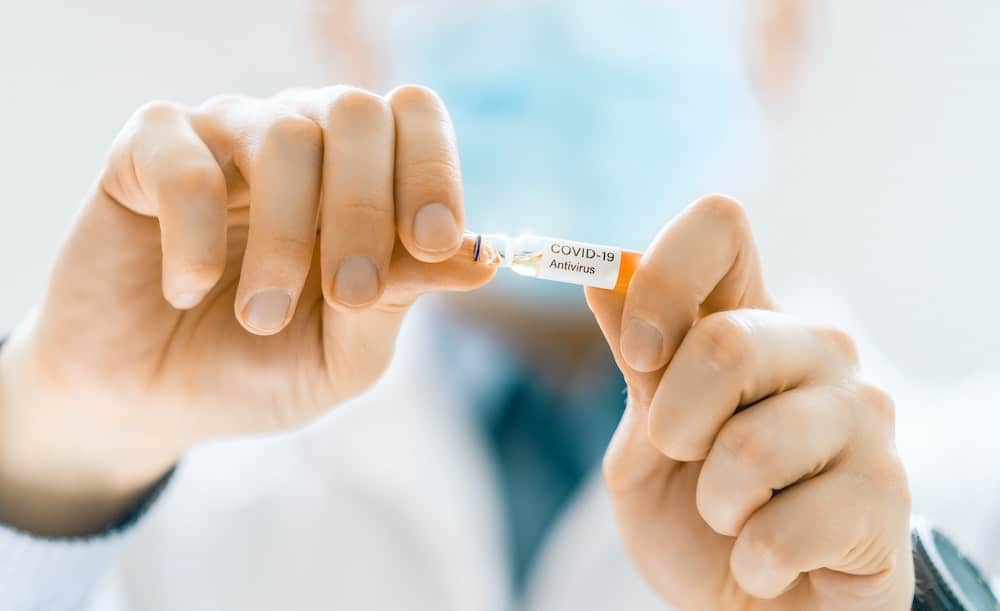What Are the Best Preventative Care Measures for a Puppy to Avoid Parvovirus?

When you welcome a new puppy into your family, you undoubtedly want the best for your furry friend. One critical aspect of pet care you can’t afford to overlook is preventing the dreaded canine parvovirus, often referred to as ‘parvo.’ This highly contagious and frequently fatal virus primarily affects puppies, with devastating effects.
In this guide, we will delve into what parvovirus is, how it affects your puppy, and, importantly, the best prevention methods to keep your pet safe. We’ll arm you with all the necessary information, so you can take action and ensure your puppy remains healthy and vibrant.
Dans le meme genre : What’s the Best Approach for Training a Cat with Vestibular Syndrome?
Understanding Canine Parvovirus
Before delving into the preventative measures against parvovirus, it’s crucial to first understand what it is and its potential impact on your pet.
Canine parvovirus is a highly contagious disease that primarily affects dogs, particularly puppies. The virus is notorious for its rapid spread and severe outcomes. It primarily affects the dog’s gastrointestinal tract, leading to symptoms like severe vomiting, loss of appetite, and bloody diarrhea. If left untreated, it can quickly lead to dehydration and severe damage to the intestines and immune system, often resulting in death.
Cela peut vous intéresser : How to Safely Introduce a Dog to Horseback Riding Trails?
The parvo virus is primarily transmitted through direct contact with an infected dog. Still, it can also spread through indirect contact with contaminated objects, such as a dog’s bowl, toys, or even your shoes. The most worrying factor is the resilience of the virus. It can survive in the environment for months, making it even more critical to take preventive steps for your pet.
Vaccination: The First Line of Defense
When it comes to battling parvovirus, vaccination is your best ally. Vaccines work by stimulating your puppy’s immune system to recognize and fight off viruses and bacteria.
Typically, your veterinarian will recommend a series of vaccinations for parvovirus, starting at around six to eight weeks of age. The puppy will then receive booster shots every three to four weeks until they are 16 weeks old. This protocol ensures that your puppy has the best protection against this highly infectious disease. Remember to adhere to these schedules strictly as missing a dose could leave your pet vulnerable.
Keep in mind, though, that vaccines take a few weeks to provide full immunity, so it’s best to limit your puppy’s exposure to other dogs and public places during this period.
Regular Check-ups with the Veterinarian
Regular visits to the veterinarian are integral to your puppy’s health. Your veterinarian will be able to monitor your pet’s overall health, make sure your puppy is growing well, and catch any potential problems early.
During these visits, your veterinarian will also assess your puppy’s response to the parvo vaccine. They may order blood tests to ensure your puppy is producing enough antibodies against the virus. If your dog is not responding well to the vaccine, the vet may recommend additional shots or other preventive measures.
Keeping Your Environment Clean
While vaccines are the best protection against parvovirus, keeping a clean environment is also vital in preventing its spread.
The parvovirus can live in the environment for several months, making it critical to regularly clean and disinfect your puppy’s living area. Common household bleach is effective at killing the virus. Remember to clean all items your pet comes into contact with, including bowls, toys, bedding, and even your shoes.
If your puppy has been infected with parvo, you must thoroughly disinfect your home and yard to prevent the virus from spreading to other animals. Also, avoid bringing any new dogs or puppies into your home until you’re sure the environment is parvo-free.
Socializing Your Puppy Safely
While it’s important for puppies to interact with other dogs for socialization, doing so too early can expose your pet to parvovirus.
Until your pet is fully vaccinated, it’s best to avoid dog parks, pet stores, and other places where your puppy could come into contact with an infected dog. Instead, consider socializing your puppy with dogs that you know are fully vaccinated and healthy. This will allow your puppy to learn important social skills without putting them at risk of catching parvovirus.
In conclusion, protecting your pet from parvovirus involves being proactive about vaccinations, regular check-ups with your vet, maintaining cleanliness, and being cautious about socializing your puppy. By following these steps, you’re doing your best to ensure your puppy will grow into a healthy, happy dog.
Importance of Quarantining New Pets and Staying Informed
When introducing a new furry member into your family, it’s essential that you observe a quarantine period to prevent any potential spread of parvovirus. This is because new pets, especially those coming from shelters or pet stores, may have been exposed to the virus.
A quarantine period of about two weeks is recommended. During this time, you should closely monitor your new pet for any signs of illness, such as vomiting, diarrhea, or loss of appetite. If any of these symptoms appear, promptly contact your veterinarian. It’s crucial to keep your new pet away from any other dogs in your household during this time, as the virus is highly contagious and can spread quickly.
Furthermore, staying informed about parvovirus is key to protecting your pet. Parvovirus is a constantly evolving disease, and new strains may emerge over time. Regularly check in with your veterinarian or trusted pet health websites to stay current on any new developments in parvovirus prevention and treatment. Knowledge is power, and the more you know, the better equipped you will be to safeguard your pet’s health.
Feeding a Balanced Diet and Boosting Immunity
A balanced diet is crucial for maintaining a strong immune system in your puppy. Good nutrition can help bolster your pet’s health and increase its resistance to infections, including parvovirus. Look for high-quality puppy food that is rich in essential nutrients. Your vet can help you choose the best diet for your pet based on its breed, age, and size.
In addition to feeding a balanced diet, you can take other steps to boost your puppy’s immune system. Regular exercise, plenty of rest, and reducing stress are all important for maintaining good health in your puppy.
Also, some pet owners opt for dietary supplements to enhance their puppy’s immunity. Probiotics, omega-3 fatty acids, and vitamins are commonly used. However, it’s always best to consult with your veterinarian before starting any new supplement regimen.
Conclusion: Parvovirus Prevention is Key
In summary, protecting your puppy from canine parvovirus involves a combination of several preventative measures. These include adhering to a strict vaccination schedule, regular veterinary check-ups, keeping a clean environment, safe socialization practices, observing a quarantine period for new pets, and maintaining a healthy lifestyle for your puppy.
The parvovirus is a formidable adversary, but with the right tools and information, pet owners can wage a successful battle against this deadly disease. By being proactive and taking these steps, you are not only protecting your own pet but also contributing to the overall effort to eradicate this highly contagious virus.
Remember, prevention is always better than cure. By taking these measures, you’re providing your puppy with the best possible chance to grow into a healthy, happy, and thriving adult dog.
